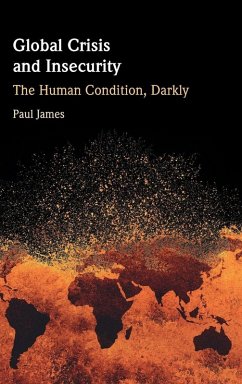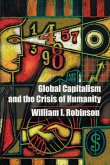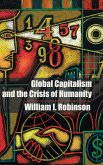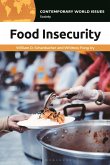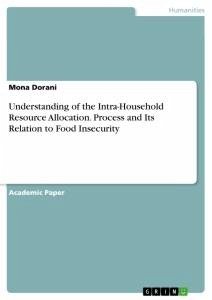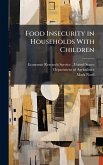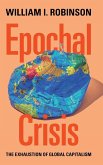From the dropping of an atomic bomb on Hiroshima, to the escalating effects of climate change, public consciousness of existential threat waxes and wanes. Despite the occasional intense capacity to imagine the global consequences of our cumulative actions, we seem to lack a collective will to act alternatively and systematically to conserve the fundamental conditions for human life. This book confronts the basic challenges of insecurity, violence, genocide, refugee displacement and technoscientific intrusions on embodiment and identity - but it also points to other worlds that are possible. It argues for an engaged cosmopolitanism, grounded in place and guided by local and global debates around principles of what constitutes good ways of living. In order to create a positive change, we must better understand the human condition in crisis, the causes of the global crisis and the possible pathways to human flourishing.
Bitte wählen Sie Ihr Anliegen aus.
Rechnungen
Retourenschein anfordern
Bestellstatus
Storno

